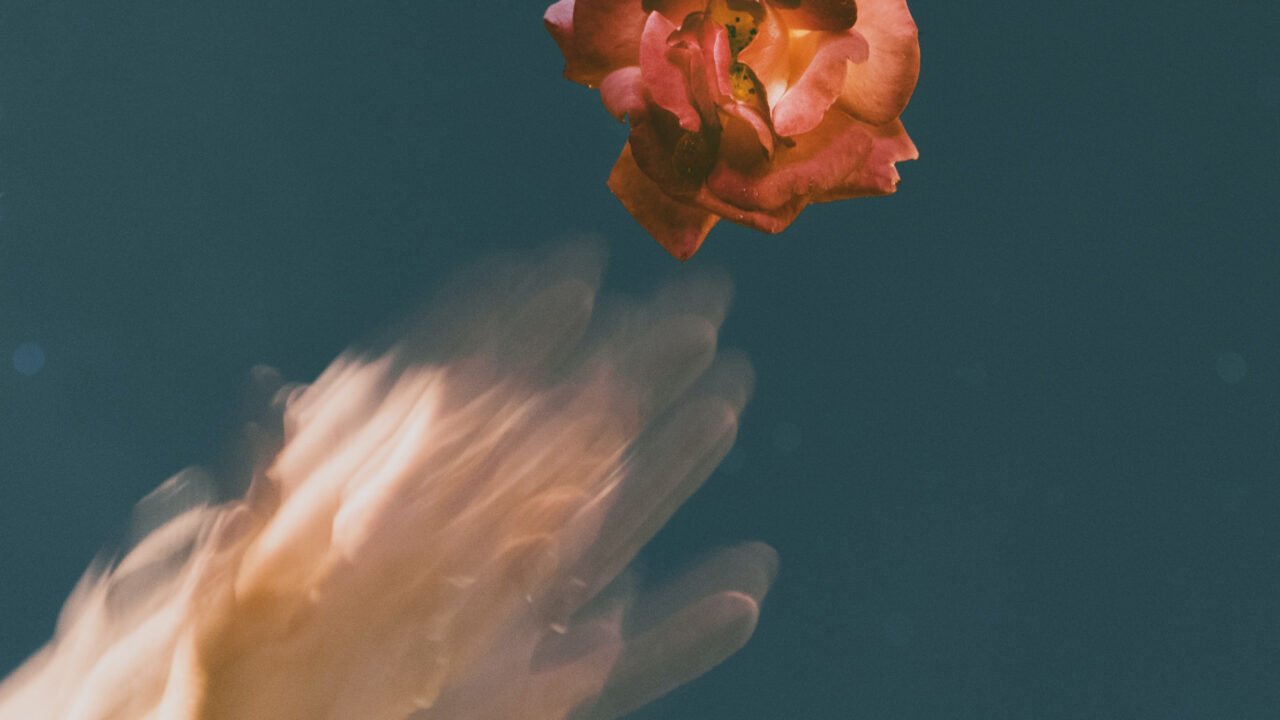Coping With the Uncontrollability of the World
Well, it is odd and sad that our minds should be such seed-beds, and we without power to choose the seed. But man is an odd, sad creature as yet, intent on pilfering the earth, and heedless of the growths within himself. ― E.M. Forster, Howards End
It must have been the book’s cover that drew me in.
A small figure stands in the distance. His hands seem thrust deep into the pockets of his winter coat. In silhouette-like darkness, his features are indistinct. And all around him is an obliterating snowstorm. The title of the book is The Uncontrollability of the World.
German sociologist Hartmut Rosa’s book crossed my path as I was searching for works on human nature and, specifically, our response to uncertainty. For years, as a Catholic, a physician, and a human being well-practiced in fumbling uncertainty, I have been fascinated with (and anguished by) this conundrum. How can we find peace and wholeness in a world thick with mystery and uncertainty?
Hartmut Rosa tried his hand at an answer.
The Uncontrollability of the World is a brief sequel to his more involved works Social Acceleration and Resonance. Consider the world we live in. A child is diagnosed with cancer. A tornado wreaks havoc on homes. An essential job is lost. A long fought sobriety fails. At every turn and in every place, disease and poverty, abuse and addiction are present (or seem to lurk menacingly around the ill-lit corner). It seems no grand leap to confess that we are not in control.
But we want to be.
It is only natural. We want to protect our children, our health, our homes, our livelihoods. And so we grasp every aspect of control that we can put our hands on. Get a good education so you can get a well-paying job so you can save money so you can avoid poverty. Go to the doctor to prevent (or avoid worsening) illness. See the dentist so your teeth don’t fall out. Teach your children the ways of the world so that they can make it when you have less control over their fortunes. Of course, as Catholics, we do these things, respectively, to honor our bodies as temples of the Lord, to fulfill our life’s vocation, and to teach our children virtue. But there is also a little (healthy?) fear of uncertainty that motivates us.
But Harmut Rosa offers a warning. To be sure, some control is good. Total control, however, is not only impossible—it is deadening. Rosa writes,
The driving cultural force of that form of life we call “modern” is the idea, the hope and desire, that we can make the world controllable. Yet it is only in encountering the uncontrollable that we really experience the world. Only then do we feel touched, moved, alive. A world that is fully known, in which everything has been planned and mastered, would be a dead world. . . . Our lives unfold as the interplay between what we can control and that which remains outside our control.
When considering the incessant pursuit of control, we are not talking about compulsive practices of ritual hand-washing or obsessive habits of hoarding. This is, rather, something we all struggle with daily. Overwrought concerns about health and illness, overmanaging tendencies surrounding our kids’ schoolwork and friend dramas, nagging fears over our career development and 401K status. “If only I had control,” we tell ourselves, “it would all be fine.” Rosa found in studies that in an age with unparalleled control over childbirth (Caesarean sections, inductions, prenatal care and monitoring) and home security (alarms, cameras, security services), we are more anxious, not less. The promise of perfect certainty over areas of greatest concern only seems to highlight just how imperfect such certainty truly is.
But, pace fellow worriers, uncertainty and imperfection will be with us forever. It is my favorite statistic (because I invented it) that if we could only cope better with uncertainty and imperfection, over 85% of our life’s woes would be ameliorated. The only problem is that often we are simply lousy at such coping.
Hartmut Rosa insists, against our better judgment, that we let go of some (not all) of our need to control. The need to manage, to be efficient, to operate mastery, brushes past the glory to be found in mystery. It kills wonder. It reminds me of Walt Whitman’s poem “When I Heard the Learn’d Astronomer.” Whitman (or some person) is listening to the bright scientist offer innumerable facts and figures to render the heavens understandable. Overwhelmed and troubled by the mathematical reductions of the ineffable, he left the lecture hall with furrowed brow,
Till rising and gliding out I wander’d off by myself,
In the mystical moist night-air, and from time to time,
Look’d up in perfect silence at the stars.

